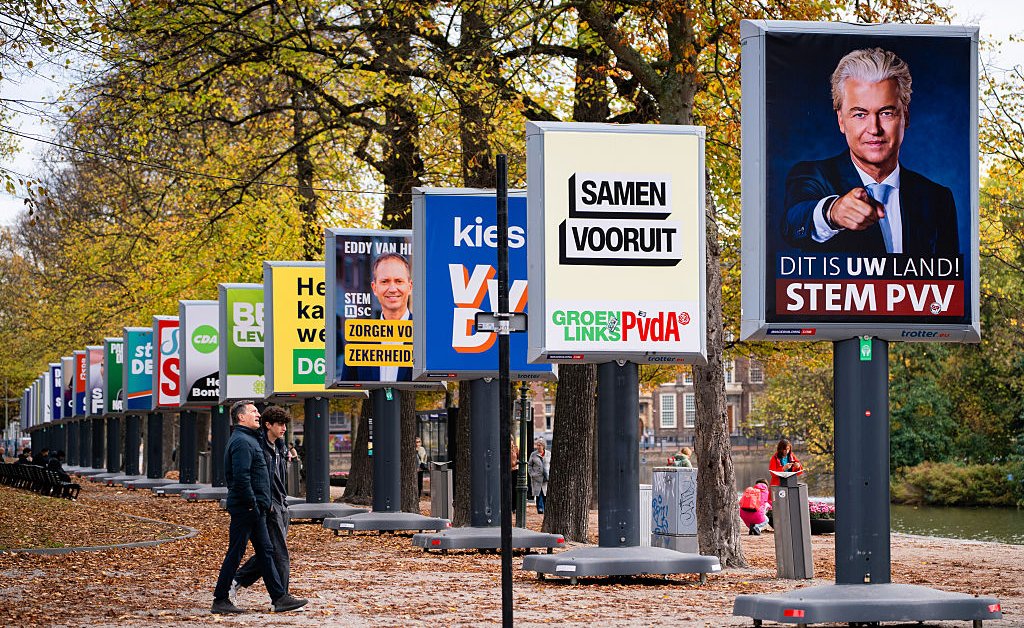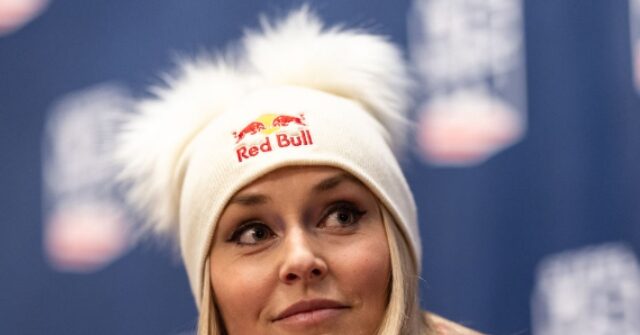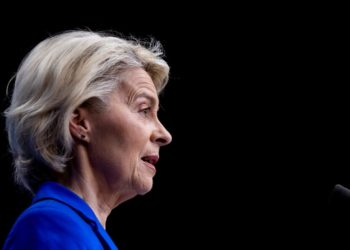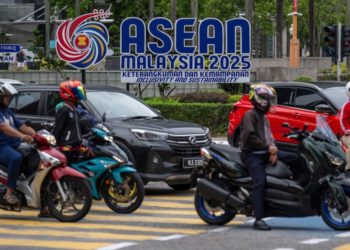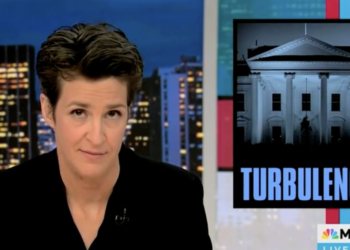Voters in the Netherlands will head to the polls on Wednesday, Oct. 29, for the third national election in less than five years, following the collapse of the right-wing coalition government led by independent Prime Minister Dick Schoof.
The government fell in June after the far-right Freedom Party (PVV), led by Geert Wilders, withdrew from the coalition over disagreements on migration policy, less than a year after taking office.
Dutch politics has been dominated in recent years by the rise of the far right, with Wilders’ PVV leading national polls since the government’s collapse. Based on previous high turnouts—often near 80%—around 10 million voters are expected to cast their ballots for the 150-seat House of Representatives.
Here’s what to know about the vote.
Why are elections in the Netherlands being held again?
The election was triggered in June when Wilders abruptly withdrew support from the governing coalition, accusing his partners of blocking his proposal to halt all asylum migration. His party’s exit stripped the coalition of its majority, forcing Schoof’s resignation and that of his cabinet.
Wilders had presented a 10-point plan focused on immigration and anti-Islam policies, including freezing asylum applications from Muslim-majority countries, leaving the European Union’s free-movement scheme, cutting foreign aid, and severing ties with Qatar and Saudi Arabia.
After the PVV’s walkout, the coalition—comprising the center-right New Social Contract (NSC), the conservative-liberal People’s Party for Freedom and Democracy (VVD), and the agrarian Farmer-Citizen Movement (BBB)—was left with only 51 of 150 seats. In August, Foreign Minister Caspar Veldkamp resigned over divisions on Israel policy, highlighting the government’s fragility.
The collapse came less than a year after Wilders’ PVV secured a sweeping victory in the November 2023 election but failed to form a stable government. Wilders, who has led the PVV since its founding in 2006, gave up his claim to be prime minister last year in order to bring other right-wing parties into the coalition.
What do the latest polls show?
As of the final week before the vote, Wilders’ Freedom Party leads with roughly 20% of the vote, or about 34 projected seats, according to aggregated polls compiled by Politico. That’s down slightly from the 37 seats PVV won in 2023 but still enough to keep Wilders ahead.
The main challengers are the left-wing alliance of the Labour Party (PvdA) and the Greens (GroenLinks), polling around 25 seats, and the center-right Christian Democratic Appeal (CDA), which has surged to around 23 seats after earning only five in 2023. The centrist liberal alliance is expected to take around 16 seats, while the once-dominant VVD— led at the time by now NATO Secretary General Mark Rutte, is polling near 15 seats down sharply from 24 in 2023.
Rutte led four Dutch governments as Prime Minister and leader of VVD between 2010 and 2024, before resigning in 2023 over a previous row over asylum seekers.
Despite the PVV’s lead, analysts say forming a government will be challenging. The CDA, VVD, and the PvdA–GroenLinks alliance have all ruled out joining a coalition led by Wilders, leaving him without a clear path to a majority. Nearly half of Dutch voters remain undecided, according to Ipsos, underscoring how fluid the race remains.
What is Wilders campaigning on?
Wilders has focused his 2025 campaign on familiar themes: strict limits on immigration, opposition to Islam, and “putting the Netherlands first.” His manifesto opens with the line: “This is your country! The Netherlands is full, overcrowded, jam-packed.”
He has promised to freeze asylum applications, ban the burqa and the Islamic call to prayer, and outlaw Arabic and “non-Western” texts from being sold publicly. Wilders also proposes banning government and military personnel from taking an oath to Allah, a move critics say would effectively bar many Muslims from public service.
On domestic policy, he has pledged to reduce rent for social housing by 10%, raise income thresholds for affordable housing, expand benefits for caregivers, and cut prescription drug costs.
But the centerpiece of his campaign remains his anti-Islam platform. Wilders describes his mission as protecting “Dutch culture from Islamization,” arguing that only the PVV can safeguard the Netherlands’ national identity.
What happens after the vote?
Once ballots are counted, the party with the largest share of votes will be asked to lead coalition negotiations—a process that typically involves multiple parties and can take months. Even if the PVV wins, Wilders’ polarizing reputation and the refusal of major parties to join him could again leave the Netherlands in prolonged political limbo.
The fragmented results are expected to mirror broader trends across Europe, where far-right parties have surged in popularity but often struggled to translate that momentum into power.
The post Geert Wilders’ Far-Right Party Leads in Dutch Election but Has No Clear Path to Power appeared first on TIME.
